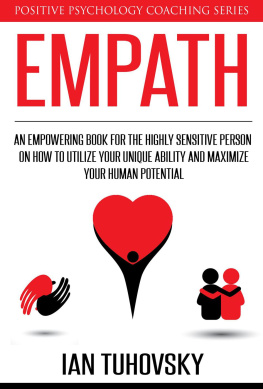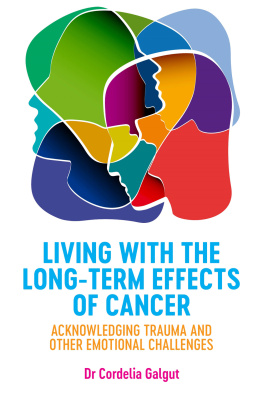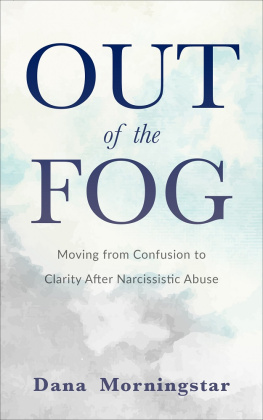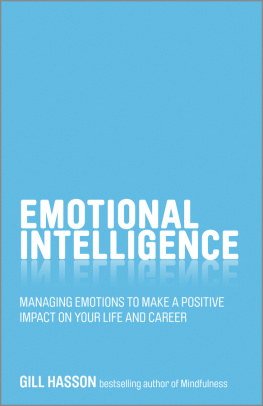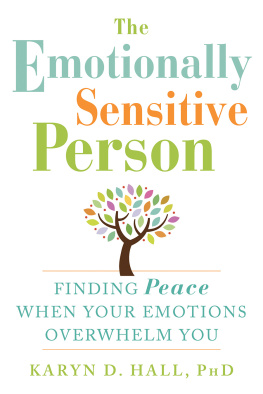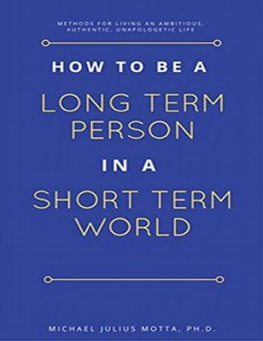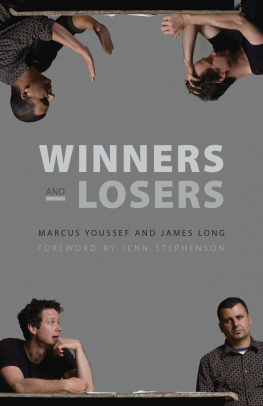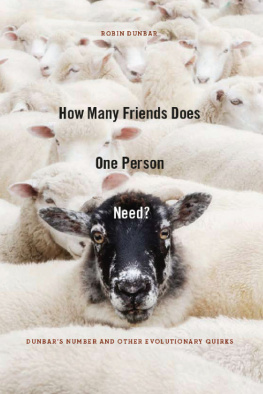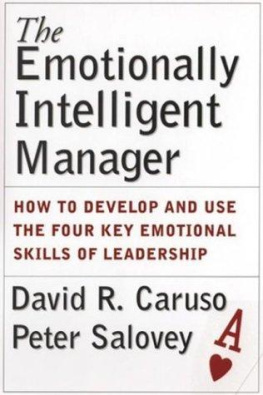PRAISE FOR QUIET THE RAGE
Intense, personal and vulnerable. This is a life lesson, generously shared, that might strike a chord and change a life.
SETH GODIN , author of Linchpin and The Icarus Deception
R.W. Burke shares his wisdom and insights about how to manage conflict well in Quiet the Rage . Read this book and prepare for a peaceful life!
MARSHALL GOLDSMITH , international best-selling author
or editor of 35 books including What Got You Here
Wont Get You There and Triggers
What an honest, vulnerable, incredible journey! Burkes writing style is clear, concise, and bamto the point! I will need to read this book more than once.
LINDA GUTHRIE , Coach, Consumer Experience Movement,
Ford Motor Company
I have worked a lot on my anger; however, the info in this book is like discovering the missing link. Now, I have a much better understanding of why I get spun up in certain situations. I have a much better toolkit for dealing with my anger or avoiding it altogether.
PHIL KLEIN , Facilitator, Maritz Performance Improvement,
General Motors Standards For Excellence
Great read! This book will change your life.
BOB ESPOSITO , Dealer Principal, General Manager,
Yankee Automotive Group
This book is for everyone... especially someone like me who struggles with anxiety. It offers a way to take control back instead of feeling tossed by the waves.
JENNIFER ROBERTS , Sales Manager, Genesee Valley Ford
This book has forever changed the way I view interactions with people, both professionally and personally.
JASON STANDLEY , Business Development Center Manager,
Rowe Auburn/Rowe Westbrook
The world needs more people who know how to manage conflict. Much of what is wrong in our society today could be changed if everyone understood how their anger is triggered. To adapt a quote from the cartoon character Pogo, I have met the enemy and it is me. Everyone, even those who do not have a concern about rage, need to read this book.
LINDA MITCHELL , author of Choose Change... Before Change
Chooses You! Thirteen Weeks To the Life Youll Love!
QUIET THE RAGE
Copyright 2017 R.W. Burke
All rights reserved, including the right to reproduce this book or
portions thereof in any form whatsoever.
Published by SparkPress, a BookSparks imprint,
A division of SparkPoint Studio, LLC
Tempe, Arizona, USA, 85281
www.gosparkpress.com
Published 2017
Printed in the United States of America
ISBN: 978-1-943006-41-0 (pbk)
ISBN: 978-1-943006-40-3 (e-bk)
Library of Congress Control Number: 2017945605
Interior design by Tabitha Lahr
All company and/or product names may be trade names, logos,
trademarks, and/or registered trademarks and are the property of
their respective owners.
Names and identifying characteristics have been changed to protect
the privacy of certain individuals.
To my wife, who has repeatedly, and continues to save my life.
Im sorry for all the years that I couldnt have been more.
CONTENTS
by John Kuzava
by Denise Burke
FOREWORD
John Kuzava
Global Director | Engagement Strategies
Xperience Communications, LLC.
QUIET THE RAGE
How Learning to Manage
Conflict Will Change Your Life
(and the World)
Richard Burke has written a magnifi cent collection of stories and insights all of which, in one way or another, fl ank and lead us through the tricky path known as transformation.
Reading through these carefully considered chapters of insight, introspection, and occasionally even humility, I have been reminded of various stories of transformation taught or shared with me over the years.
Although few of us think of this... the word story of course means just what it says... to store things. Long before management, consulting, and coaching books were writtenin fact, before anything was actually written stories were created to hold and store information that was needed to guide us through the complicated project called life.
Such stories are still with us today, having survived the centuries through oral storytelling; with a long history of generation after generation sharing, learning, and remembering their contents in order to safeguard and protect these precious insights and, in general, hold the ground for and share them with the next generation. This is why they are often considered childrens stories.
In the opening chapters of this book, Richard shares some puzzlement regarding an assignment he accepted a few years back that would label him coach, a role which essentially would give him access to the stories of many individuals as well as the larger story-constellation of their organizations.
The word coach of course has an interesting history and comes from the Middle French coche, the German kotsche, and the Hungarian kocsi (carriage) of Kocs, the village where it was first madeall are essentially words for carriage. And while we use the word today more often for preparing people, in a more poetic sense carriage is also accurate because a good coach provides something of a support underneath the people they work with. And that is certainly part of the mission of this book - to work in structured and perhaps invisible ways to add support underneath us in order to carry us forward and even through the various predicaments life serves up.
The focus of this book, though, is transformation.
There is something almost magical in that idea, let alone experience.
In becoming a coach, it is inevitable that one will find themselves excavating their own life, remembering and untangling stories that remain with us, anchored by great extremes of feeling, only to eventually findhidden and lost amongst a lifetime of these twisting narrativesthe gifts, talents, and resources we need to make sense of our journey.
I am reminded of a very old story from antiquity called The Spirit in the Bottle. In this very old European story, we find the son of a woodcutter wandering the forest who discovers, lost and buried deep at the grassy roots of an old oak tree, a glass bottle with a voice inside calling, Let me out!
Uncorking the bottle releases a gigantic spirit who, instead of gratefully rewarding the boy, announces that it has been trapped so long that it is enraged and will now strangle him.
Being clever, the boy tricks the spirit back into the bottle and then they renegotiate the terms of its release.
Eventually the spirit is again released. This time, it rewards the boy with the gift of a cloth that, when rubbed on one side, turns things to silver and, when rubbed by the other side, heals wounds and illness.
We are familiar of course with this spirit by its commonly referred to nameGenie.
Genie is a very old North African word and the origin of our English word for genius.
Everyone has a genius trapped within them who grows more tired and angry over the years of being corked. It isnt just people with IQs of 160 and above.
In a healthy life, we would have been told the right stories early on and wouldve been advised to be on the lookout for the genius and, more importantly, the gifts that the genius carriessuch as transforming worthless things into value and also being able to heal those around us.
But few of us were actually told those stories when we needed to hear them while developing in childhood. So the genie within us waits well into adulthood, until it eventually finds its way out in a rage. By then, it has become giganticanother way of saying too big to handle.



